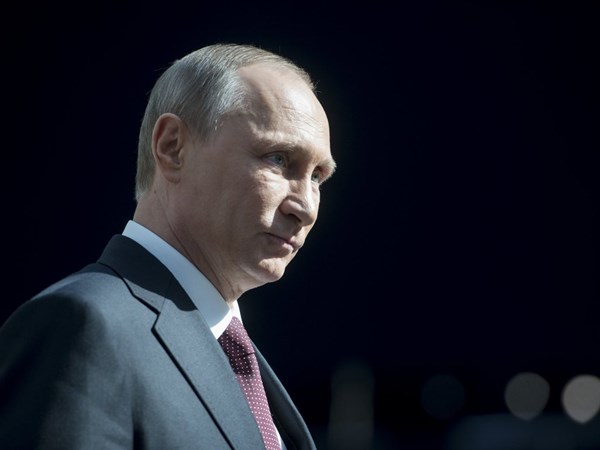U.S. and NATO reject Putin's demands for security guarantees
The United States and NATO rejected Russia’s key demands for security guarantees which include stopping the enlargement of NATO and not accepting Ukraine and Georgia into the Alliance.
"We will preserve the principle of open doors of the alliance,” said the United States Secretary of State, Antony Blinken, commenting on the written response, which was delivered to the Russian Foreign Ministry on Wednesday evening by Ambassador John Sullivan.
He added that Russia cannot dictate which countries can or cannot join NATO.
According to Blinken , the U.S. response sets out " a serious diplomatic path forward ". " We do lay out areas where we believe that together we could actually advance security for everyone, including for Russia, " he said.
"We are open to dialogue and prefer diplomacy," Blinken said, adding that now the decision is up to Russia, while the United States is considering "all options" in the event of an escalation around Ukraine.
NATO Secretary General Jens Stoltenberg, who held a press conference shortly after Blinken, confirmed NATO will not abandon the principle of "open doors".
NATO, according to Stoltenberg, is ready to discuss the deployment of missiles, arms control, and transparency of military exercises, and also proposes to establish a direct line of communication and resume the work of the Russia-NATO Council.
The Alliance will strengthen its presence in the Black and Baltic Seas, expects Moscow to "immediately de-escalate" and demands the withdrawal of troops from Ukraine, Georgia and Moldova, where they are "deployed without the consent" of these countries, Stoltenberg said.
The US response to the security guarantees requested by Moscow cannot satisfy Russia and cannot be accepted, said the First Deputy Head of the International Committee of the Russian Federation Council, Vladimir Dzhabarov.
He added that Russia will prepare a response after consulting with its allies, including China.
Russian Deputy Foreign Minister Alexander Grushko made it clear that this would not happen quickly. "We will read it. We will examine it. Our partners studied our project for almost a month and a half," he told Interfax.
